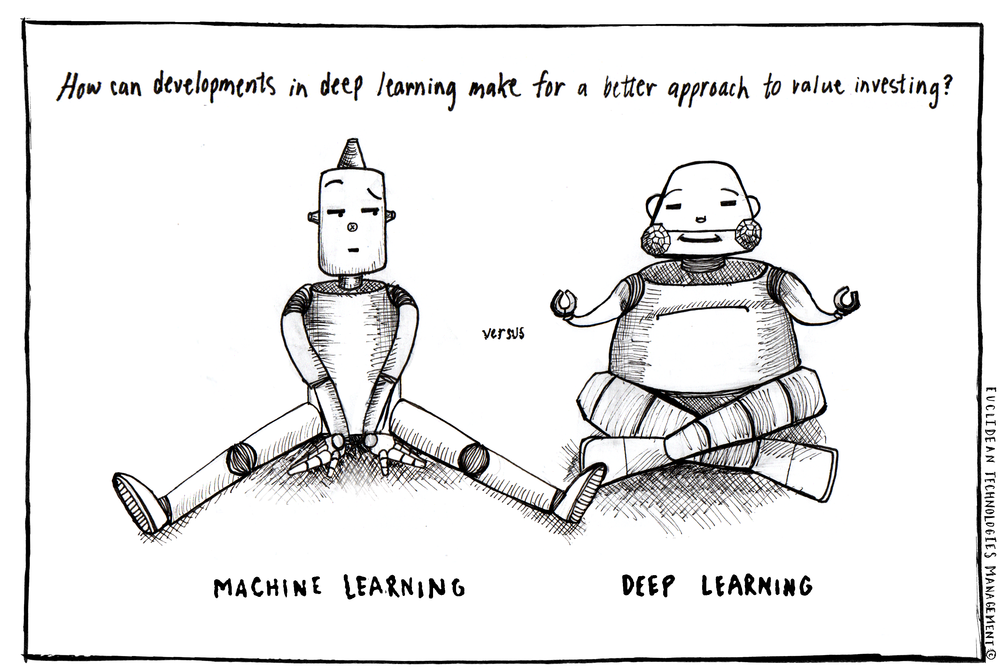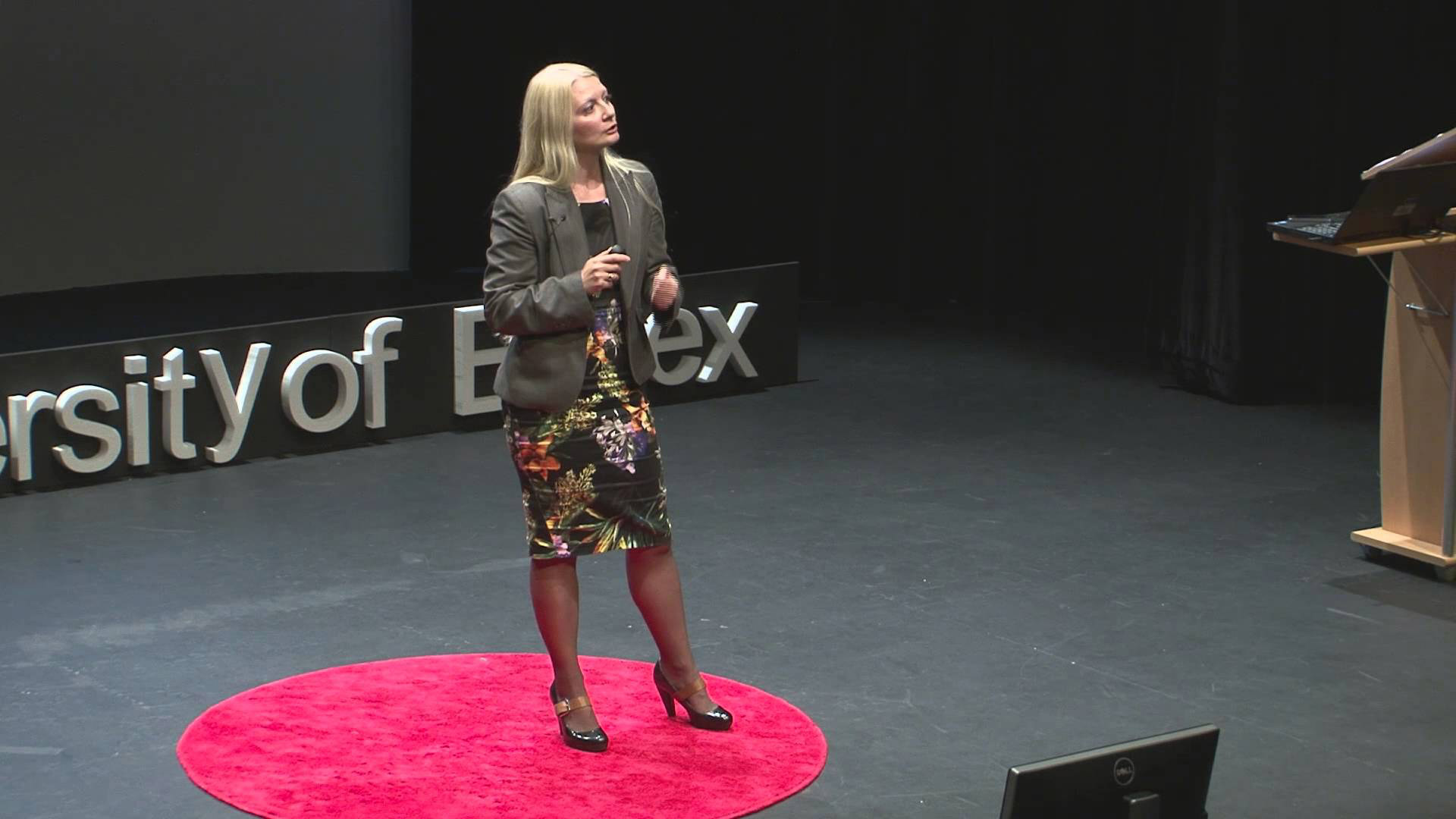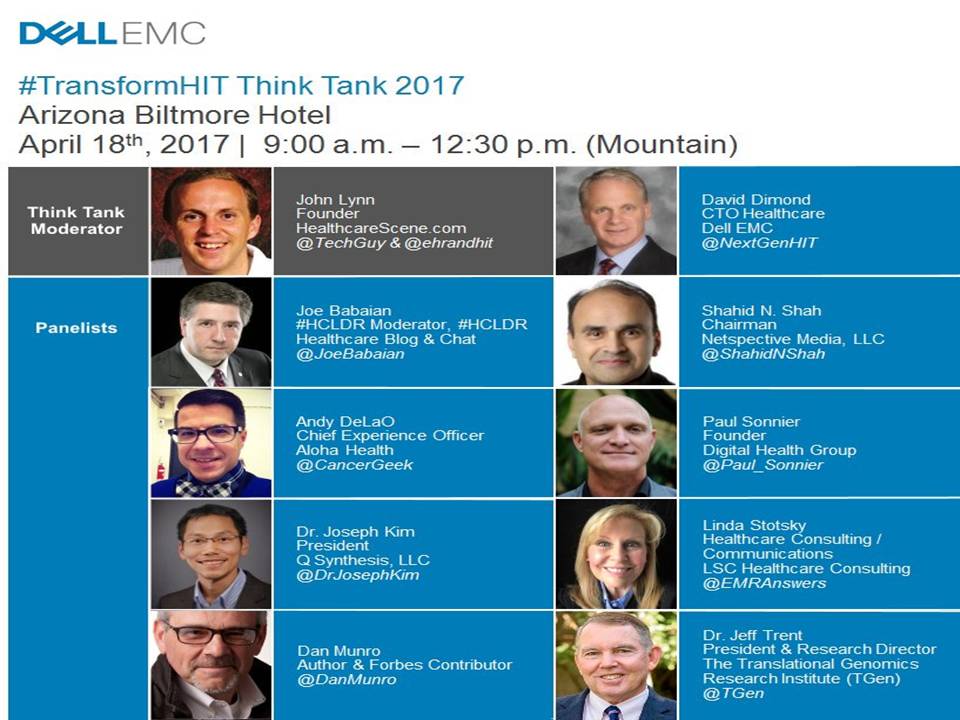Philips and PathAI team up to improve breast cancer diagnosis using artificial intelligence technology in ‘big data’ pathology research.
Royal Philips, a global leader in health technology, and PathAI, a company that develops artificial intelligence technology for pathology, are collaborating with the aim to develop solutions that improve the precision and accuracy of routine diagnosis of cancer and other diseases. The partnership aims to build deep learning applications in computational pathology enabling this form of artificial intelligence to be applied to massive pathology data sets to better inform diagnostic and treatment decisions. The initial focus of this effort is on developing applications to automatically detect and quantify cancerous lesions in breast cancer tissue.
Andy Beck
Chief Executive Officer PathAI
“Breast cancer is one of the largest medical problems faced today. One in eight women will be diagnosed with breast cancer at some point in their lifetime. Therefore it is an area where building new tools to more effectively diagnose the disease and cure the disease can have a major impact on a large proportion of the population.”
1 in 8 women born in the United States today will develop breast cancer at some time during their lives. SEER Cancer Statistics Review, 1975-2009
“So the central mission of pathology has not change that much in the past few hundred years. It has always been to provide the most useful diagnosis for the patient. But what has changed tremendously is the amount of data at our disposal about the patient about the tissue sample including things like genomic data, transcriptome data, lots of different morphologic data types.”
Genomic data
Transcriptome data
Different morphologic data types
“And the goal of computational pathology is to enable pathologists to most effectively integrate these data to provide the most useful diagnosis for the patient.”
“Over the past five years there have been huge advances in fields like artificial intelligence and high performance computing and one major aim of PathAI and Philips is to see how can we develop technologies integrating these new approaches to make significant impact on improving how we can diagnose diseases like breast cancer.”
Aditya Khosla
Chief Technology Officer PathAI
“In pathology, we hope that with the use of deep learning technology, we are able to make pathologists more accurate, efficient as well as consistent. The evolution of deep learning has been very staggering over the past few years. The performance has improved considerably such that the algorithms are even starting to challenge humans. We started with a large dataset that was already analyzed by pathologists. So pathologists got into that image and labeled this is cancer and this is normal. Then we extracted a lot of examples from these images and fed it into our deep learning systems. So they learned to identify cancer pretty good. But then we realized there was a number of areas where they are making mistakes. We took those regions and fed them back into the classifier to improve the performance of the system and that actually allowed the system to improve continuously, achieving an extremely high performance.”
Andy Beck
Chief Executive Officer PathAI
“They perform much better than any systems that people have seen previously in pathology. In terms of identifying where cancer is in a histopathology image. And the best systems did quite well by themselves and pathologists do quite well by themselves and make not than many errors. But the true exciting and potentially transformative thing was when you combine the results of the expert human pathologists with the results of the top performing systems you saw a significant reduction in the overall error rate, showing the best system is really a combination of the strengths of the pathologists with the strengths of the computational system. And that systems performs much better than either one alone.”
Aditya Khosla
Chief Technology Officer PathAI
“So the really exciting part is being able to integrate these systems into clinical workflows such that they can learn continuously from the pathologist. Enabling the pathologist to focus more on the complex tasks, while the machine handles the more rudimentary aspects.”
Andy Beck
Chief Executive Officer PathAI
“Partnerships are extremely important to building the best products for pathologists. Building effective tools in computational pathology requires expertise in clinical pathology and knowing the workflow of the clinic. And things like high performance computing and artificial intelligence. As well as the field of generally digital pathology and things like whole slide imaging. And to really execute most effectively in each of these different areas, partnerships really enable these things to happen. Therefore we are so thrilled to be working with Philips, who bring enormous expertise in many of these areas and we can really build great things together and will be much stronger than either one of us alone.”




